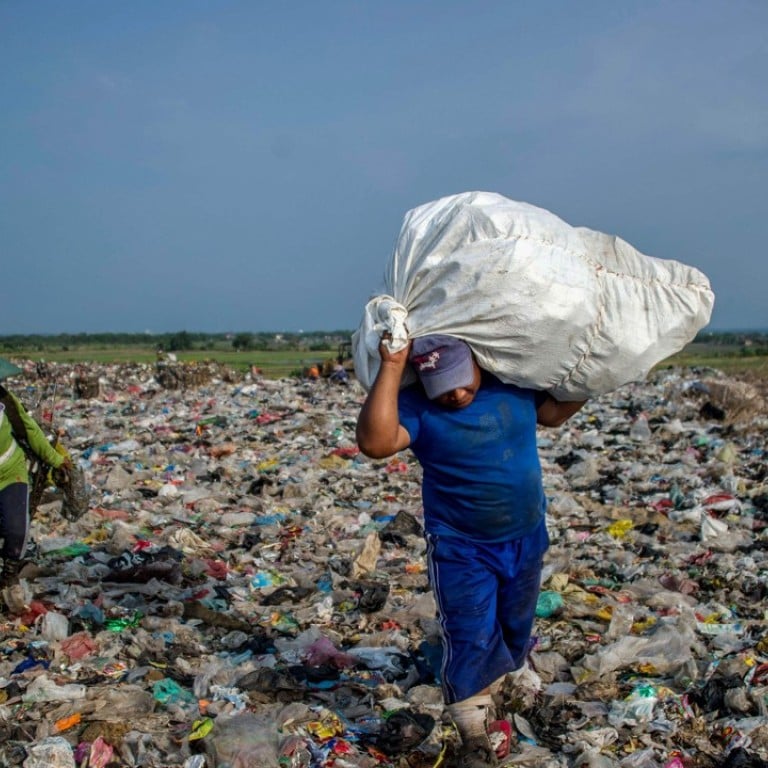
Why giving up your plastic straw won’t save the planet
Anson Au says people in Hong Kong and elsewhere should come together to hold governments and large corporations responsible for environmental degradation, rather than focusing on lifestyle changes at the individual level that have barely any impact
But we’re missing the forest for the trees. The fault of climate change and environmental destruction, and the key to reversing them, doesn’t lie with us as consumers. If we look closely at China’s decision, it is apparent that the environmental consequences of how resources are managed doesn’t concern what we as individuals decide to do with them. It’s about what corporations and governments decide to do.
Watch: Can Hong Kong’s consumers say ‘no’ to plastic?
Climate change didn’t begin with my decision to buy a coffee or use a straw. It began with corporate decisions to abandon humanity and reject science
Climate change didn’t begin with my decision to buy a coffee or use a straw. It began with corporate decisions to abandon humanity and reject science for the sake of profit by continuing to produce harmful products.
It continues with governments and politicians accepting donations for political favours, their inertia to act, veiled behind claims that big companies are too important to the economy and excuses about how their products are too embedded in our society to change. But a convenient status quo abandons our future.
And we allow it to continue when we get misled by pundits too eager to point the finger at us and not at the companies and governments. We’re letting them get away with their crimes.
To stand up to them, we have to make a strong case for the impact climate change has on our lives as a collective, rather than as individuals.
Unlike the famous tobacco lawsuits in the US, which are perhaps the most illuminating example of individual challenges to corporations, the victim’s identity is more difficult to visualise with climate change and environmental pollution.
Our role in the fight to reverse climate change isn’t as individual consumers, but as activists working in concert. Boycotting Starbucks for throwing their coffee cups in the trash is cute. But that’s all it is. It doesn’t build a collective, long-term strategy.
Just as the environment needs sustainable energy sources, our fight for climate change needs sustainable political strategies. Hong Kong needs a concerted social movement to push corporations and the government to undertake proper, sustainable resource management and to hold them accountable when they fail to do so.
We must discard fossil fuels entirely. Paper packaging and biodegradable plastics are already available technologies used in consumer products around the world. Research should be funded to develop similar products and adopt them in Hong Kong.
Hong Kong deserves a better future, and we deserve a better Hong Kong. We can’t accomplish this by passively refusing to buy, but by actively taking a stand and making our concerns heard by the people in power.
As one proverb goes, “A society grows great when old men plant trees whose shade they know they will never sit in.” Reversing climate change might take time, but it starts with identifying the root cause and severing it. Let’s roll up our sleeves and get digging.
Anson Au is a scholar and writer whose work covers culture, health, and politics. He is currently a visiting scholar at the Seoul National University Asia Centre and at Yonsei University, as well as a PhD student in sociology at the University of Toronto

